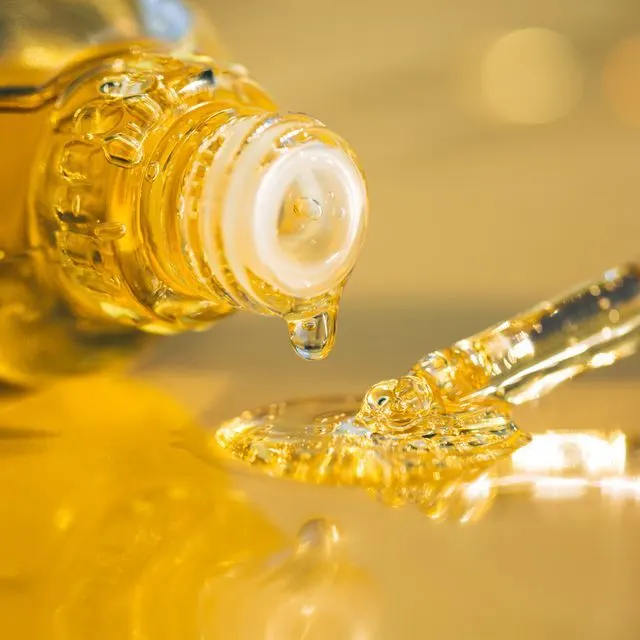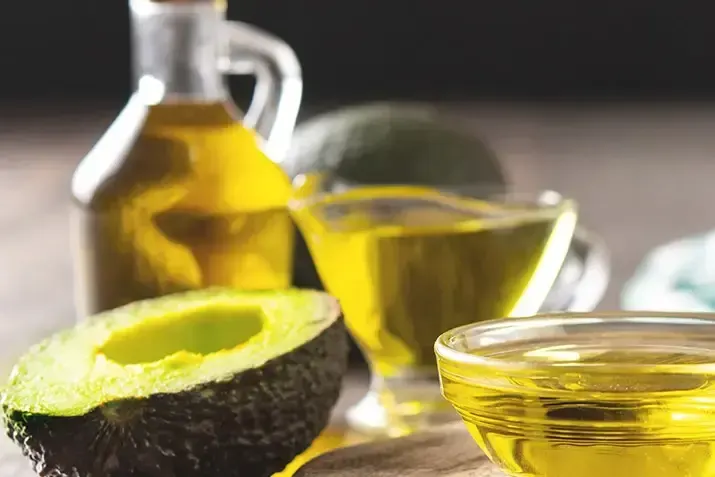If you’re starting your own argan oil brand, getting organic certification is one of the smartest moves you can make. Not only does it boost your credibility, but it also builds trust with eco-conscious consumers and opens the door to premium markets.
In this article, we’ll walk you through the characteristics of organic argan oil, the benefits of getting certified, how it differs from non-certified products, pricing expectations, quality standards, consumer reviews, and my own personal take as a blog author and skincare lover.
Let’s dive in.
What Is Organic Argan Oil?
Organic argan oil is extracted from the kernels of the Moroccan argan tree without the use of synthetic pesticides, fertilizers, or solvents. It is produced following strict ecological and ethical standards, usually validated by certification bodies such as:
These certifications guarantee that the oil is natural, safe, and eco-friendly.

Key Characteristics of Certified Organic Argan Oil
- Cold-pressed using traditional mechanical extraction
- 100% pure, with no additives or fragrances
- Sourced from sustainable argan cooperatives
- Packaged in BPA-free or glass containers
- Traceable through documented supply chains
Why You Should Get Organic Certification for Your Brand
Getting certified isn’t just a label—it’s a promise to your customers. Here’s why it matters:
- Trust & Transparency: Consumers today care more than ever about what’s in their products
- Premium Positioning: Certified oils can be priced higher, with better profit margins
- International Access: Many global markets (like the EU) require certification to sell organic products
- Brand Differentiation: Certification sets you apart from non-certified competitors
How Certified Argan Oil Differs from Other Products
Not all argan oils are created equal. In fact, many products sold online are diluted or blended with other cheaper oils.
Here’s what sets certified organic argan oil apart:
| Feature | Certified Organic | Non-Certified |
|---|---|---|
| Purity | 100% guaranteed | Often mixed or unclear |
| Farming practices | Eco-responsible | Not traceable |
| Cold-pressed | Yes | Sometimes heat-processed |
| Traceability | Full documentation | Often unavailable |
| Global trust | High | Low to moderate |
By investing in certification, you show customers that your brand is serious about safety, sustainability, and skincare results.
What Does It Cost to Get Certified?
Organic certification involves some investment, but it’s worthwhile.
General Pricing Estimates
- Application & audit fees: $500–$2,000/year depending on the certification body
- On-site inspections: Varies by location
- Documentation & training: Internal or outsourced staff costs
- Ongoing renewals: Annual fee required to maintain certification
You can learn more about certification costs at Ecocert’s official site.
Yes, it’s an expense—but it pays off quickly when you start accessing global organic markets.
Long-Term Benefits of Organic Certification
- Improved brand image and consumer loyalty
- Increased revenue from premium product pricing
- Partnerships with eco-conscious retailers
- Eligibility for international trade and export programs
Plus, you become part of the global shift toward clean beauty and ethical sourcing.
Ensuring Quality Standards for Certification
To be eligible, your brand must maintain strict quality standards across the entire supply chain:
- Use only argan nuts harvested from certified organic farms
- Store and press the oil in sanitized, certified environments
- Use glass or recyclable packaging
- Maintain clear batch tracking and documentation
- Prepare for annual audits and lab testing
We follow all of these best practices at argan-oil.ma, where our oils are extracted and packaged with care, transparency, and tradition.

Why Originality Still Matters
While certification helps your brand meet industry standards, your story, mission, and values make you memorable. Add a personal touch by:
- Highlighting your relationship with Moroccan cooperatives
- Offering creative packaging
- Sharing your founder story
- Promoting your commitment to fair trade and sustainability
Certification is your foundation—but your brand identity is the roof.
What Real Customers Are Saying
“Since switching to certified argan oil, I’ve noticed a real improvement in my skin. I trust the label because I know it’s the real thing.” – Jenna, UK
“I used to buy random argan oil online. Now I only buy certified oils like the one I found on argan-oil.ma. The difference is obvious.” – Samir, Canada
“It’s not just about skincare—it’s about making ethical choices. I love supporting brands that care.” – Delphine, France
My Honest Blogger Opinion
As someone deeply passionate about clean beauty and sustainable skincare, I strongly encourage every new argan oil brand to pursue organic certification. Yes, it requires effort, but it shows your values and helps your customers feel safe and supported.
When I tried certified argan oil for the first time, I felt a real difference—not just in the product, but in the peace of mind. I knew I was choosing something healthy for me and for the planet.
If you’re serious about building a long-term brand with heart and impact, organic certification is your next step.
Final Thoughts
To sum it up, getting organic certification for your argan oil brand is not just a formality—it’s a powerful business strategy. It allows you to offer higher quality products, stand out from the crowd, and connect with a new generation of conscious consumers.
If you’re ready to start this journey or simply want to experience what certified argan oil should feel like, visit our shop at https://argan-oil.ma and explore what true Moroccan quality looks like.


